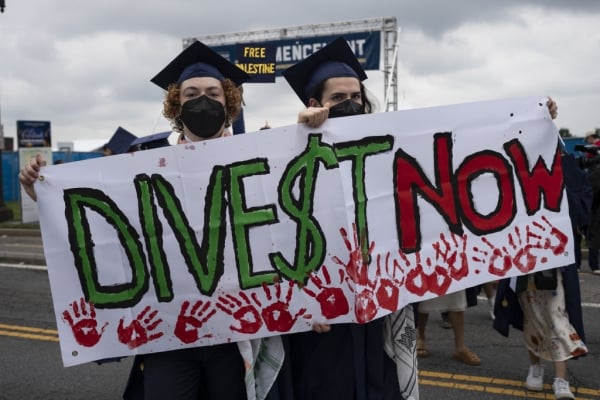As the effects of climate change become increasingly dire, there has been a growing global movement calling for divestment from fossil fuels. In recent years, this movement has gained momentum, with various institutions and organizations making commitments to divest from companies that contribute to the climate crisis. What sets current divestment demands apart from past efforts is the widespread recognition of the urgency of addressing climate change, as well as the increasing financial risks associated with investments in fossil fuels.
One of the key factors that makes current divestment demands different is the sense of urgency surrounding the issue of climate change. With wildfires raging, glaciers melting, and extreme weather events becoming more frequent, there is a growing recognition that action needs to be taken immediately to address the crisis. As a result, there has been a significant increase in the number of organizations and individuals calling for divestment from fossil fuels in order to accelerate the transition to a more sustainable and renewable energy economy.
Another factor that sets current divestment demands apart is the increasing financial risks associated with investments in fossil fuels. As the world shifts towards renewable energy sources, the long-term viability of the fossil fuel industry is becoming increasingly uncertain. This has led to a growing awareness among investors and financial institutions that investments in fossil fuels may not be as secure as they once were. In response to this, many organizations are choosing to divest from fossil fuels in order to protect their financial interests and avoid being left with stranded assets.
Additionally, the current divestment movement is characterized by a broad-based and inclusive approach to tackling the climate crisis. In the past, divestment efforts were often focused on targeting specific companies or industries. However, the current movement recognizes that systemic change is needed in order to address the root causes of climate change. As a result, divestment demands are being made across a wide range of sectors, including finance, education, healthcare, and government. This approach has been instrumental in mobilizing a diverse range of stakeholders to take action on climate change.
In conclusion, what makes current divestment demands different is the sense of urgency surrounding the issue of climate change, the increasing financial risks associated with investments in fossil fuels, and the broad-based and inclusive approach to tackling the climate crisis. As the impacts of climate change continue to worsen, it is clear that divestment from fossil fuels is no longer just a moral imperative, but also a financial necessity. By taking action to divest from fossil fuels, organizations and individuals can play a crucial role in accelerating the transition to a more sustainable and renewable energy future.


